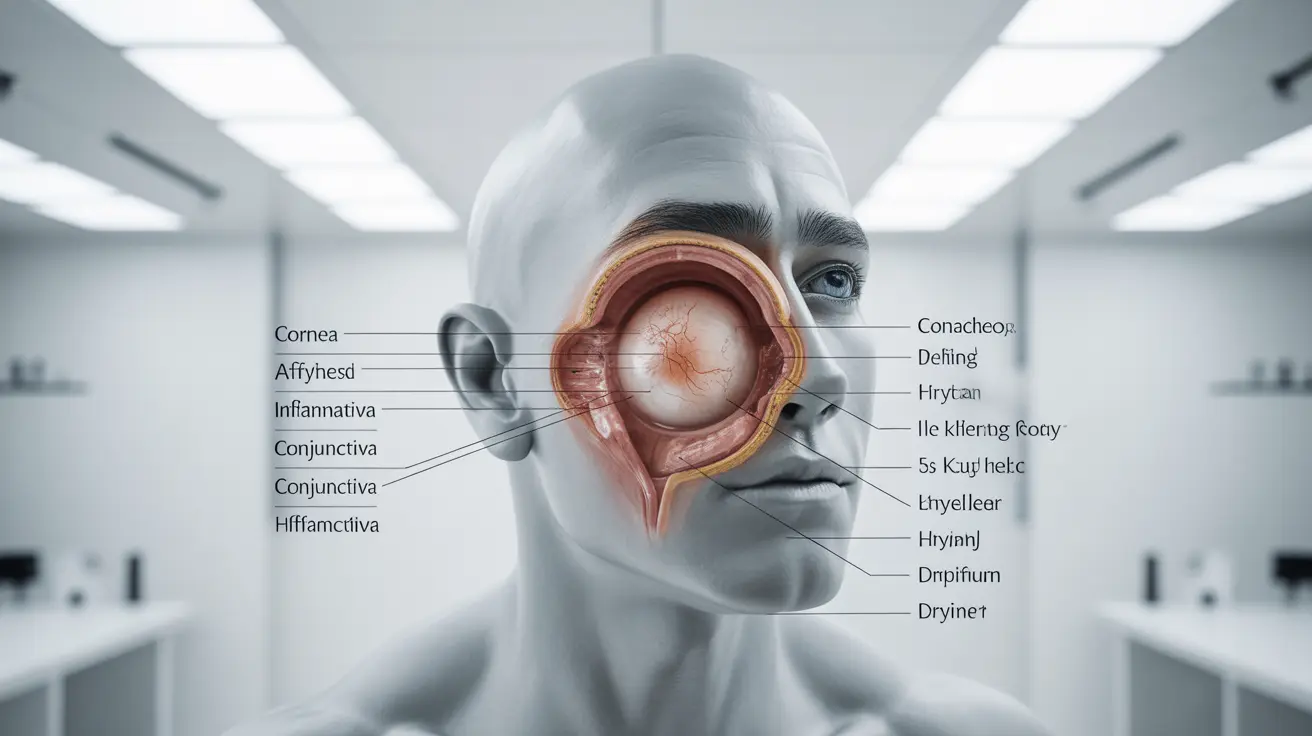GetLabTest News
Symptom Analysis
Interpreting Test Results
Diseases & Symptoms
Health Queries Answered
All
Latest
Can Dry Eyes Cause Inflammation? Understanding the Connection and Solutions
Learn how dry eyes can cause inflammation and explore effective treatments and lifestyle changes for better eye health.

Explore Xanax for flying, its risks, and discover safer alternatives to manage flight anxiety effectively.
Health Queries Answered
min read

Explore why mosquitoes might avoid you, involving genetics, biology, and lifestyle. Learn how natural mosquito resistance works.
Diseases & Symptoms
min read

Discover the ideal melatonin dosage for better sleep in adults and children. Learn tips for safe and effective use.
Health Queries Answered
min read

Explore the safety of copaiba oil for teething. Learn about its use, risks, and safer alternatives for your baby's relief.
Health Queries Answered
min read
